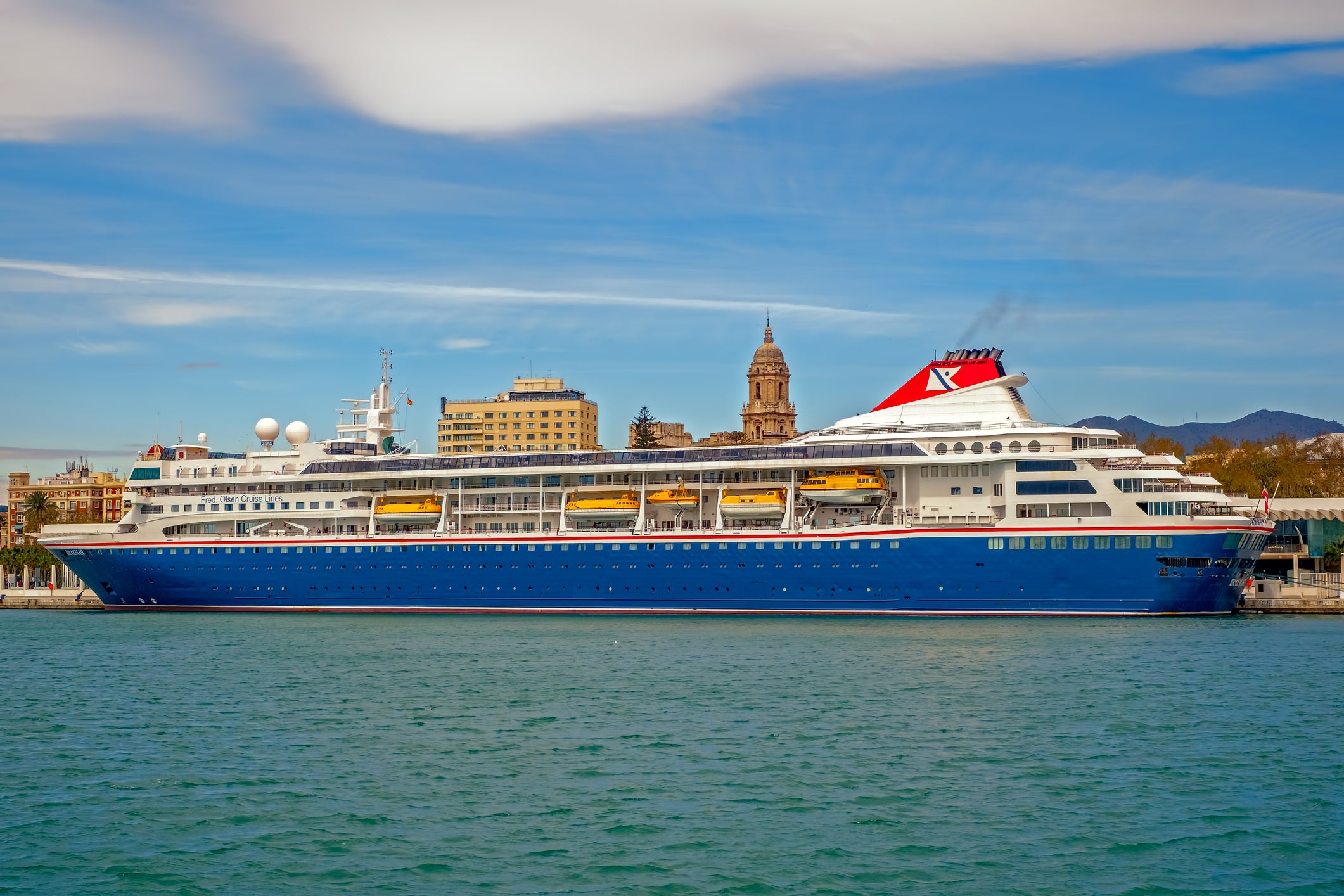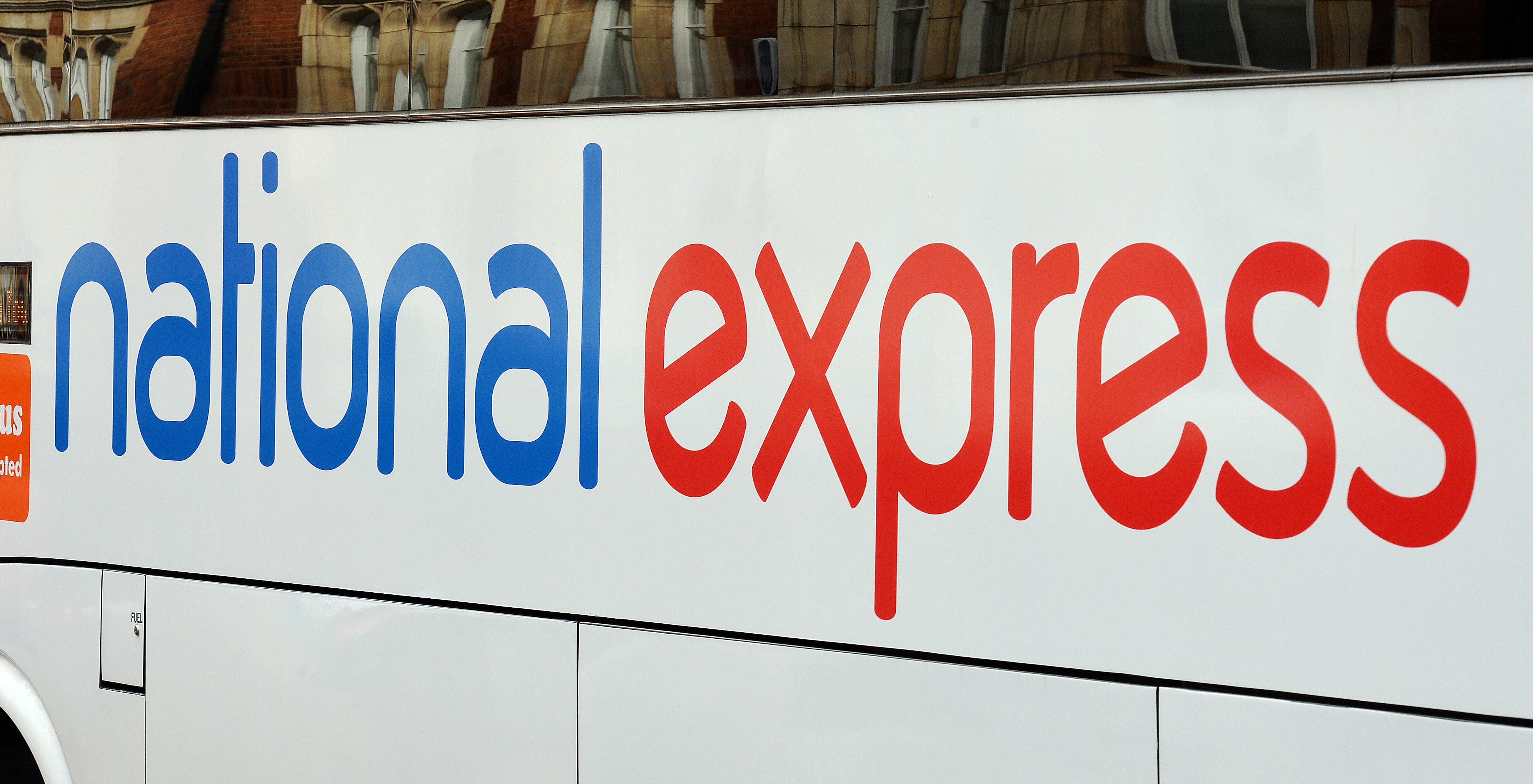Can I get a hotel booking refunded over bad reviews?
Simon Calder answers your questions on bad hotel reviews, a Melbourne stopover, solo cruises and being sent to the wrong airport


Q We have an all-inclusive holiday to Tenerife booked in late November. We have just seen the online reviews and have read things like “dirty and dusty”, “cold food warm, hot food cold” and “torn bed linen”. Can we ask for a refund or to be moved to a different hotel before we arrive?
Andrea B
A The short answer is “No”. Anyone booking a package holiday with a UK company has the right to expect that they will get a safe and enjoyable trip, with the facilities in line with what was promised at the time of booking. But online reviews of a property do not constitute a reason to cancel without penalty or allow you to insist on being moved to a different hotel.
Reviews are posted by a variety of people with a range of motives. Some have a genuine desire to alert future prospective guests to a property’s shortcomings. Others may have had a disappointing holiday for other reasons (such as bad weather or a row with their partner) that prompted them to take it out online. And some may even be rival hoteliers keen to do down the competition. Accordingly, they have no legal force.
If you booked through a travel agent, by all means raise your concerns with them. They may be able to find out whether there is a particular problem at the property, and open discussions with the holiday company about a possible change of hotel or even destination; a refund is extremely unlikely.
Otherwise, all you can do is go ahead with the trip. If your worst fears materialise and the accommodation is shoddy, notify the holiday company as soon as you can. You must give the firm a chance to put things right, probably by moving you to another hotel. While Tenerife is popular year-round, late November is about as low season as it gets – so there should be space available.
If you get no satisfaction, you will face the choice of switching hotels yourself and sending the bill to the holiday company, or seeking compensation when you return. Both of these will require video evidence and some tenacity to stand a chance of succeeding.

Q What would your top stopover recommendation be for a flight from the UK to Melbourne in March 2025?
Mark P
A Flying to the world’s southernmost major city, more than 10,000 miles away on the other side of the planet, bestows you the opportunity to stop off in one of many locations. Choosing a stopover in an exciting city is an excellent way to extract more value from a trip. It also confers the benefit of helping you acclimatise to new time zones.
In March the Gulf hubs are still climatically pleasant; the extreme heat of summer is still some way off. Abu Dhabi, Dubai and Doha all have their appeal; Dubai is a far more energetic city than its rivals, but that may not be quite what you need. Among Asian cities, the stand-outs are Hong Kong and Singapore. Either will bestow the transit traveller with a marvellous 48 hours of culture and cuisine, as well as a surprising amount of green space – always welcome after a long flight. I like Bangkok but don’t recommend it as a stopover city. Kuala Lumpur is another possibility, as are Beijing and Shanghai. The latter is my preference in China.
If you happen to love Korean food, as I do, Seoul will deliver splendidly. But Tokyo is no longer at the races, because the Russian airspace ban on western airlines means much longer flight times.
My top choice, though, involves double-dipping. It is on Turkish Airlines via both Istanbul and Singapore. Heading out from one of several UK airports to Turkey’s biggest city and staying for at least 24 hours has the magic effect of reducing your Air Passenger Duty liability from £92 to just £13 – probably enough to pay for your hotel. Istanbul is simply one of the greatest cities in the world. And as Turkish Airlines routes via Singapore to Melbourne, you have the chance to stop over in South East Asia’s spectacular city state as well. A good travel agent will arrange the flights – and hotels – you need.

Q As a single traveller I am accustomed to paying solo surcharges, but in the context of cruising it is ridiculous. I have just checked an appealing Fred Olsencruise from Southampton to the Canaries and North Africa in January. The price for one is almost exactly the same as the total cost for two, even though a couple will eat twice as much food. It’s not just Fred Olsen – they all seem to penalise solo travellers. Can you explain why?
Janet M
A The current business model for most cruise businesses makes this state of affairs inevitable. Ships are filled as close to 100 per cent as possible. Cruise lines ideally like all the beds to be occupied, because they can earn hundreds of pounds in ancillary revenue from a typical passenger.
This includes tips for the crew and drinks, usually including a mandatory gratuity – though to be fair on Fred Olsen the bar prices are reasonable: £5 for a pint of beer, £6 for a glass of house wine. Then there’s spending in the on-board shops, as well as on facilities such as the spa; gambling at the casino; and excursions, on which the profit margins are handsome.
“Yes, but what about the saving on food?”, you may ask. When I went on an excellent tour of the kitchens on a Celebrity cruise ship, I asked what the average spend was on food. I was told it amounted to only $10.50 (£8) per person per day, so the saving in catering costs for one person compared with two is not especially significant.
Some cruise lines have less punitive pricing for single travellers, but these tend also to be more upmarket voyages on smaller ships. Given that a growing proportion of travellers are on their own, you might imagine a smart cruise firm could offer single cabins at (say) just 50 per cent more than the rate per person in the double. But most cruise lines, like most hotels, prefer to have all double rooms to give them maximum flexibility.

Q I was booked from Buenos Aires to London Gatwick via Madrid. The flight was two hours late leaving because of a suspect warning light. It meant I missed the Gatwick connection. At Madrid, I was told I had been rebooked on a flight to Heathrow. As my car was at Gatwick I asked about forward travel arrangements – a question met with a shrug. On arrival, I bought a National Express ticket costing £25 for a bus that finally got me to Gatwick four hours after I was due to arrive at Heathrow. Am I entitled to claim this, and also any compensation?
Jack A
A Bad luck. It was impressive that you were rebooked without fuss on to the Heathrow flight – along, I assume, with your baggage, unless you were wisely travelling only with hand luggage. And to be charitable to the ground staff in Madrid: they may have only a faint grasp of the cost involved in travelling between the UK’s two biggest airports – and no access to National Express tickets.
At the end of an exhausting pair of flights, you spent additional time on the M25 from Heathrow to Gatwick, at your own expense, on top of the original delay. The airline owes you the bus fare back. European air passengers’ rights rules specify that when a traveller arrives at the wrong airport, “the operating air carrier shall bear the cost of transferring the passenger” either to the original airport “or to another close-by destination agreed with the passenger”.
When British Airways sends people to the “wrong” London airport, staff automatically provide a voucher for the National Express coach. Overseas carriers are different. And while you are undoubtedly entitled to the £25 bus fare, extracting it from a foreign airline in these post-Brexit days may be difficult.
You could also ask for compensation under passengers’ rights rules for a long delay. After all, you arrived four hours late at the right airport, after having been two hours late at the wrong airport. But regrettably, those opaque regulations do not state that you are entitled to cash.
Email your question to s@hols.tv or tweet @simoncalder
Join our commenting forum
Join thought-provoking conversations, follow other Independent readers and see their replies
Comments
Bookmark popover
Removed from bookmarks